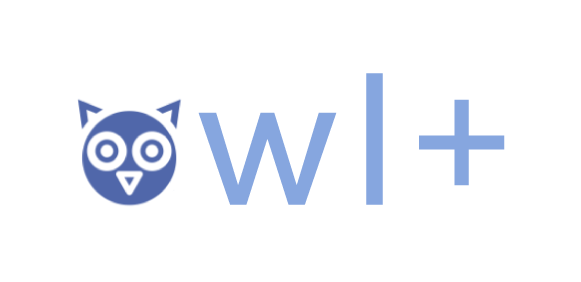Welcome to our first unit of the OWL+ module!
This unit is dedicated to the concepts of ownership and leadership, and is the first out of five units in our OWL+ module.
In the OWL+ project we, the project group, view the concepts of ownership and leadership as interlinked concepts, and one cannot be defined without the other. We recognise that ownership and leadership can be fluid depending on factors such as the language community, the location and persons present in a situation (for example urban vs. rural areas, new speakers vs. traditional speakers). Therefore we choose not to assign one clear-cut definition but interpret ownership and leadership as follows:
In the concepts of ownership and leadership, a language community (or individuals within it) apply theoretical or academic knowledge to their context, guided by their own experience and set their own standards of success. Ownership refers to a sense of responsibility towards one’s own language and the personal relationships among the community. Different agents can take ownership and leadership, such as educators, families, or cultural initiatives.
Individuals or groups that take agency in language preservation and promotion have recognised and understood the needs and wishes of the language community and are leading by example. Their efforts are recognised by the community members, and their agency also empowers the community to grow, to develop a sense of awareness, and to take action on their own. Such leadership also empowers speakers with different levels of competencies to take ownership and pride in their skills.

